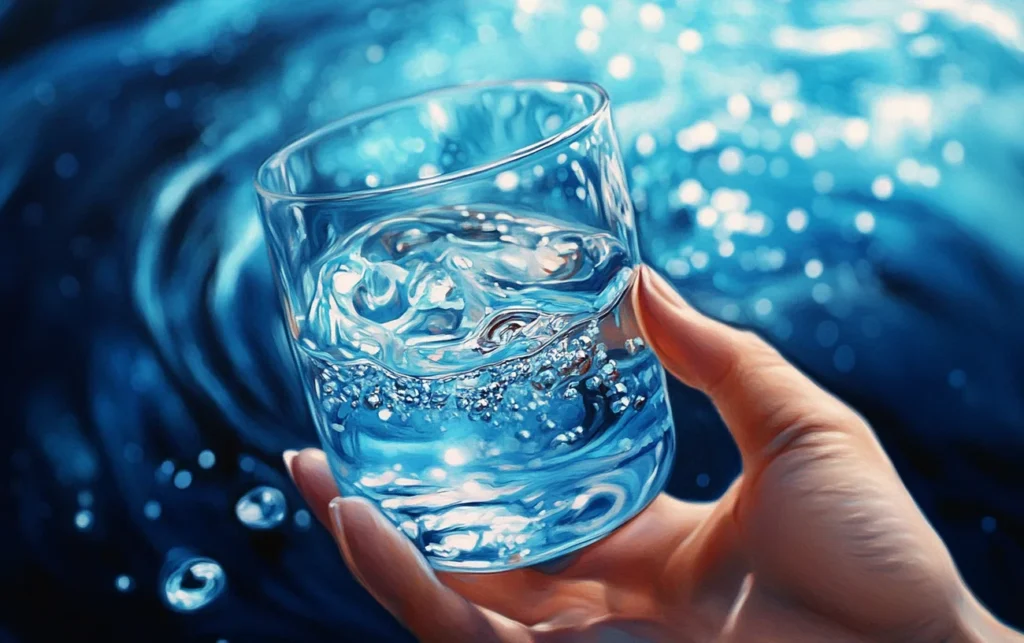Feeling thirsty after intense exercise or prolonged exposure to the sun is normal. However, if the desire to drink water persists without obvious reasons, it might be a signal to pay attention to your health. Here are some potential causes:
Medical Conditions That Cause Persistent Thirst
- Dehydration: Caused by diarrhea, bleeding, sun exposure, or physical exertion. The body signals the need to replenish lost fluids.
- Diabetes Mellitus: Symptoms include excessive thirst, frequent urination, dry mouth, unexplained weight loss, or rapid weight gain.
- Hyperparathyroidism: Overproduction of parathyroid hormones can lead to thirst along with muscle weakness, brittle bones, fatigue, and tooth loss.
- Kidney Diseases: Conditions like pyelonephritis, glomerulonephritis, and polycystic kidney disease often cause persistent thirst, reduced urine output, and swelling.
- Liver Diseases: Accompanied by symptoms like thirst, pain in the right upper abdomen, nausea, and yellowing of the skin.
- Brain Trauma or Disorders: Thirst can result from brain injuries affecting thirst-regulating mechanisms. In such cases, patients may drink up to 5 liters a day while urination decreases.
When to Seek Medical Advice
If you notice:
- Extreme thirst with no clear reason.
- A daily water intake exceeding 5 liters.
- Symptoms like unexplained weight changes, swelling, or pain.
Consult a specialist:
- Endocrinologist for diabetes or thyroid issues.
- Nephrologist for kidney diseases.
- Therapist for liver conditions.
- Neurologist for brain-related causes.
Non-Medical Causes of Excessive Thirst
- Diet and Lifestyle:
- Certain foods and beverages can exacerbate thirst, such as:
- Salty, spicy, and fatty dishes.
- Processed or canned foods.
- Sugary or fizzy drinks, including alcohol.
- Replace these with hydrating options like cool green tea with lemon.
- Certain foods and beverages can exacerbate thirst, such as:
- Medications: Some drugs, including diuretics, antihistamines, and antibiotics, can cause increased thirst. Always review the side effects listed in the medication leaflet.
- Stress: Emotional stress may lead to increased water intake. Relaxation techniques or mild sedatives can often alleviate this.
- Pregnancy: Hormonal changes can increase thirst, particularly in the early and late stages of pregnancy.
- Dry Mouth (Xerostomia):
- This condition creates a feeling of dryness and thirst. Common causes include:
- Excessive caffeine consumption.
- Certain medications (e.g., antidepressants, antiallergic drugs).
- Symptoms typically subside after treatment ends.
- This condition creates a feeling of dryness and thirst. Common causes include:
Tips to Manage Thirst
- Stay hydrated with water or herbal teas. Avoid sugary and fizzy drinks.
- Adjust your diet to include more fruits and vegetables, especially in hot weather.
- Monitor medication side effects if thirst persists.
- Seek medical advice if daily water consumption is unusually high or thirst is accompanied by other symptoms.
Persistent thirst can be a simple sign of lifestyle factors or an indication of underlying health issues. Addressing the root cause is essential for well-being.

